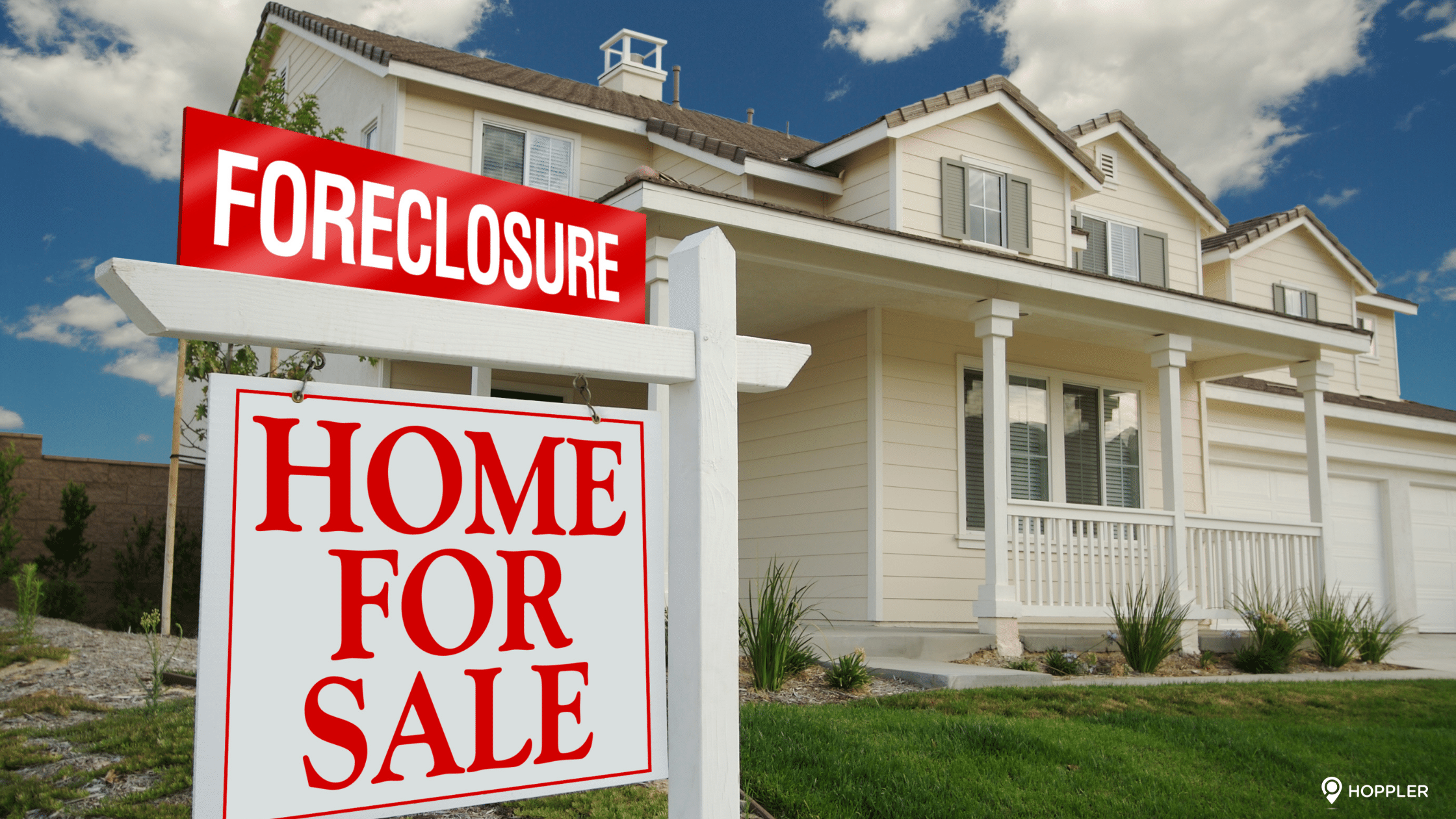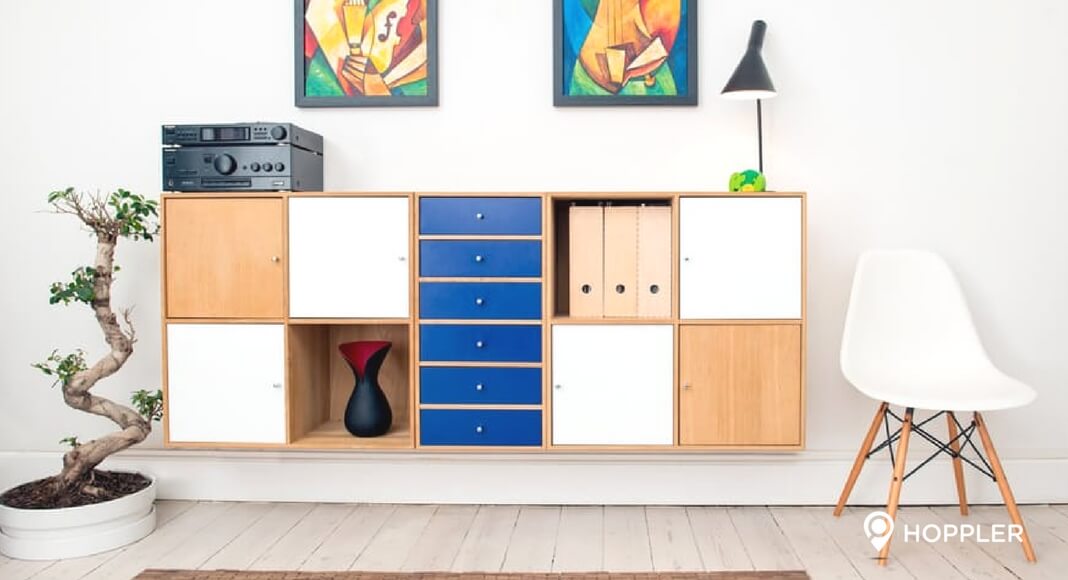6 Things To Consider When Buying An Investment Rental Property
One of the best investments you can make today is in property. People will always need a place to live, and not everyone wants a mortgage. Therefore, investing some money into a rental property is a good way to make money.
However, it’s also a great way to lose money if you do it wrong. Many people make the mistake of messing around with buying an investment property. They go for the wrong kind of property, or they buy it in the wrong location. In this article, we’ll take a quick look at how you can make your investment rental property more suited to your needs.
It can be tough to do, but an investment rental property is a great way to build side income. You just need to know what you are doing. Before diving in head-first to see what you can do, then, take the time to look at the following ideas and things to consider.
1. The location is everything
First off, you need to make sure that you buy a property that is in a decent area. Many people will buy up the first cheap property that they see. Then they find out why it was cheap: the location is a nightmare. Don’t just look at things like property value; take a look around the place. Take a look at long-term trends for overall property values in that area.
Yes, it might just be that home. However, if there is a downward trend of homes losing value there, is there really a good deal to be had here?
It’s easy to want to just dive in, but take a look at everything from the crime rates to long-term house values through to things like available features and amenities. Study the location as much as you can, as it’s the one thing that you cannot change about your investment rental property. If the location is not too good, then you will struggle to make the most of your property.
The location is not just something to think about – it’s your most important decision. Is the area mostly rental or is it mostly homeowners? Consider these points carefully.
2. Take a look at the long-term potential, too
So, you have found a home with a nice location and it seems to fit the bill. Is it a good long-term investment, though? It’s easy to convince yourself by saying yes. But think about it carefully. Look at the potential income of the home: is it likely to be a place that you can get a rental fee that brings in all of the costs that you need to cover?
Remember, this is an investment for the long-term. So, you should make sure that you look at things like home costs. Be sure to get a full home appraisal and to run a home snagging report on the property. This will help you to spot problems with the structure as well as the actual reality of the home. If the present owner has done well to delay paying off some expenses, it might come as a shock to you later on down the line.
There are a lot more to this than just buying a home. You need to be ready to look very closely at the overall circumstances. Then, you need to consider what the long-term investment is going to be on your part: is it a long-term winner?
3. Be prepared for a larger down payment
Another thing to think about is the size of the down payment that you will be making. This is something that many people mess up with, and can wind up being terrified when they get the price given to them. Most of the time, a 20% down payment will be needed. You might want to add in even more, though, upwards of 30%, if you want to make sure that you can get a better rate.
If the rate is still too high, then you might just need to bite the bullet. Sadly, investment costs can be huge – even when you didn’t plan on them being so large.
4. Consider the cost of property taxes
Another easy thing to forget about is dealing with the cost of your property in terms of the taxes. You will likely find that property taxes will be in part determined by the property purchase and how long it’s kept for. You could find that if the previous owner had used a homestead exemption then your property taxes might be more than you bargained for. The best thing to do with your taxes is to always just have a worst-case scenario in mind: it pays to be pessimistic when it comes to paying your taxes.
5. Insurance costs
The same goes for insurance costs. Depending on your reputation as a home buyer and investor, you might get better or worse rates. Don’t just presume that you get the same insurance deal as the previous owner. You will need to be judged on your own merits. Again, it will always pay to be pessimistic when it comes to looking at the potential insurance costs.
If you expect insurance to be dirt cheap, then you might not be ready to pay for the investment property after all.
6. Be serious on the real estate valuation
Lastly, you should take the time to look very closely at the overall valuation of the property. This is the most abstract part of buying a home, though: you need to work out if it is worth the valuation that is being asked of the home. Start off by looking at the values of all nearby properties and recent sales within the last 12-months or so.
Are they overcharging for the property? If so, why?
Always be serious about the valuation. It might seem like a good deal without any research, but if you look around you might find out it’s not quite the win-win it sounds.
Author Bio: Sean Price is a community manager at RightSwitch. He has a passion for
web design and user experience and when not working enjoys rugby,
cycling and swimming.



